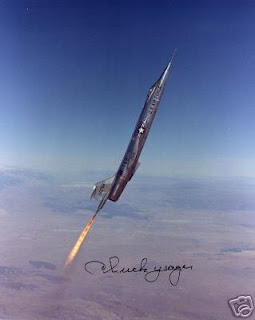I had a really enjoyable lesson on Friday with Chris Maher, building on the last one 5 weeks ago (video from that enclosed) which was all about making more use of the ground for all shots.
Serving Checklist v1.
- Trust my throwing action its very strong
- Turn back with RQ arm high (tends to get v close to my body and then inefficient)
- Then complete coiling with knee bend
- Drive upwards with my legs identically to launching a throw
- Trust my throwing action its very strong
- Hit up and beyond the ball - whether topspin or flatter serve
- Trust my throwing action its very strong
What I learnt to day was I spend a lot of time hitting the ball so that it goes in, rather than getting into a great position and trusting myself to really release. This applies both to serve and to ground-shots.
The video is for some serves when Chris challenged me to release and throw upwards, driving from my legs to the sky, trusting that the ball would come down anyway. It was striking how much more RQ head speed I generated and how accurate the result was.








